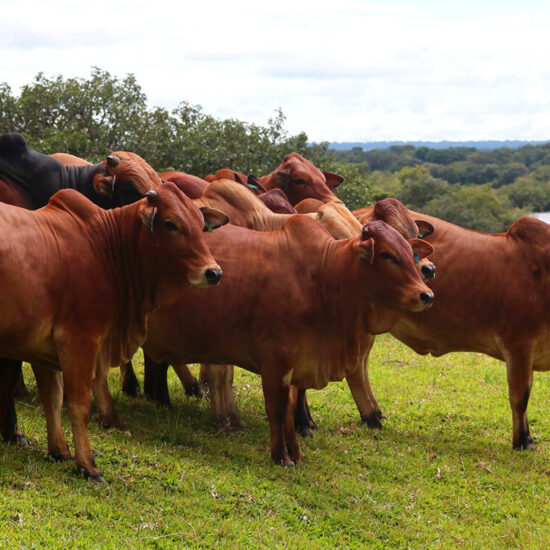
Tobacco, a cash crop which sees about 90% of all its production volumes exported has potential to further grow and deliver over half a billion dollars (over US$500 million) in foreign exchange earnings for Zambia per annum once the bottlenecks are cleared out.
The Tobacco Board of Zambia – TBZ Chief Executive Officer James Kasongo told the Zambian Business Times – ZBT in an exclusive interview that to ensure the industry reaches its potential, there is need to urgently amend the outdated legislation.
He told ZBT that once legislation is updated, the industry will be empowered to attract more buyers into Zambia, streamline finance for small and medium scale farmers with favorable interest rates as well as enable the use of multiple business models.
Zambia has in the past years recorded a decline in production of tobacco with this year’s output forecasted to reduce. Burley tobacco is forecasted to reduce by 58% to 3,861 metric tonnes, down from 12,839 tons, while Virginia tobacco has been forecast to decline by 7% to 11,955 metric tonnes, down from 12,8839 produced in the last season.
Kasongo told ZBT that the other factor leading to low production of tobacco include limited number of buyers on the market which is mostly attributed to the legislative challenges. “Zambia currently has only about 3 key tobacco buyers which include Japan Tobacco International- JTI, Tombwe Processing Limited and Alliance one. The country can attract many more players to provide better prices and alternatives to farmers.
He added that tobacco being a specialized crop, it has specialized buyers who look for a particular quality and quantity based on international standards and contracts, hence buyers determine the offtake and farmers can only grow up to the volumes projected and demanded. These off-take volumes for Zambia can be increased once the legislative challenges are attended to.
TBZ further stated that the lack of financing for local small and medium size farmers in the tobacco industry can largely be attributed to outdated legislation which does not provide investment protection for out-growers and major off-takers. This has severely contributed to low production despite the crop being a key export commodity and contributing to the country’s treasury.
“About 90% of tobacco grown in Zambia is exported basically to China and and other countries. Tobacco crop is about 14 times more profitable than cotton and about 7 times more profitable than maize per acre. So, it’s a crop that gives much more returns from the same piece of land.
And in terms of its contribution to the GDP, in 2013 it contributed about 3% but currently we are contributing about 1% and it’s an indication that the industry is not doing well,” He said. If you look at production volumes and foreign exchange generated from tobacco in Malawi and Zimbabwe, you can see that the potential is enormous for Zambia.
He lamented one of the most important factors which urgently needs to be addressed is the need to have a conducive legal framework which will fully meet the business aspirations of the industry as the current Tobacco Act Cap 237 was last reviewed in 1968 hence the business model on how people operate within the industry has completely changed.
The board has since advocated for the updating of the legal framework which if well formulated and implemented will attract more investors and buyers on the Zambia market, help establish a robust auction system, aid investment protection by eliminating vices such as tobacco vending as well as avail the key tobacco players source financing to fund extensive out-grower schemes.
Meanwhile, Agriculture Minister Micheal Katambo had on May 27, 2020 announced that in order to revamp the production of Tobacco as a key export commodity, Cabinet has already authorized his Ministry to begin the process of reviewing tobacco legislation in collaboration with all stakeholders and proceed with amendment and updating of the legislation.
Katambo stated that Government has noted the continued decline in tobacco production which is unfortunate as it translates in a loss in foreign exchange earnings, and the reasons cited for the poor performance in the tobacco industry is outdated legislation hence, he pledged that his ministry will proceed with amendment of the relevant legislation to stimulate the growth and re-energize the tobacco industry.







